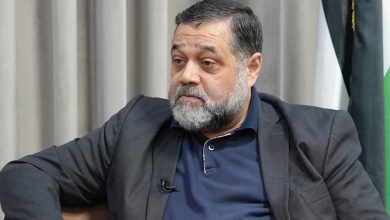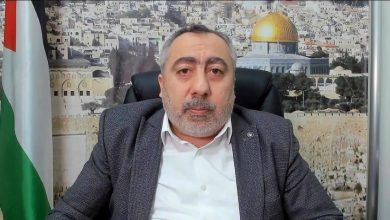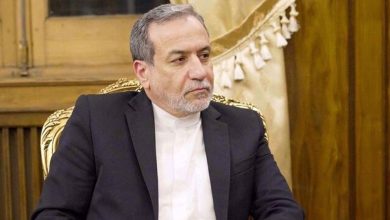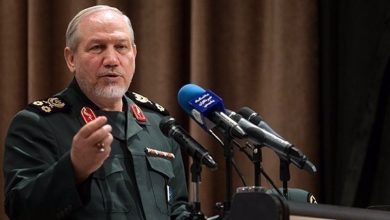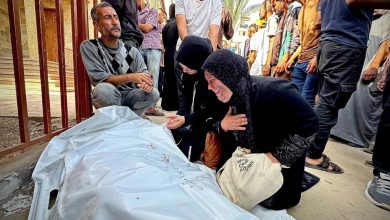Pezeshkian Urges IAEA to Eliminate Double Standards and Uphold Member Rights
Iranian President Masoud Pezeshkian has criticized the International Atomic Energy Agency (IAEA), accusing it of maintaining double standard policies. He asserted that the agency should uphold the rights of all its member states equitably.
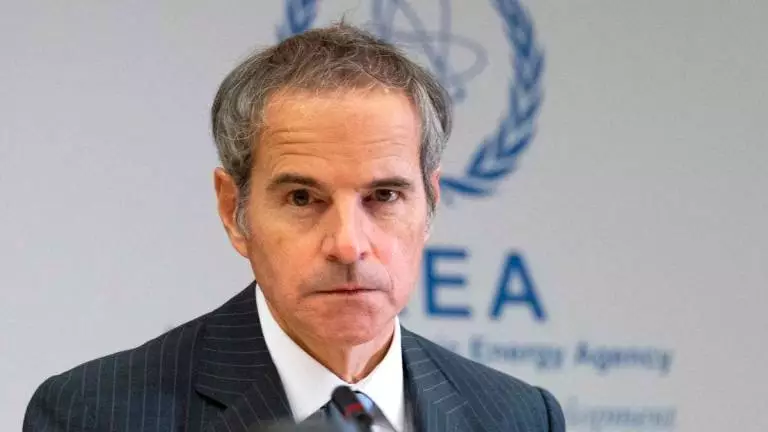
On a phone call with French President Emmanuel Macron on Sunday, Pezeshkian criticized the International Atomic Energy Agency (IAEA) for what he termed “double standard behavior.” He asserted that such conduct has led to numerous security issues both regionally and globally. Pezeshkian urged the Agency to uphold the rights of its member countries without bias and to avoid any dual attitudes while protecting these rights.
The Iranian president has expressed criticism towards the director general of the International Atomic Energy Agency, accusing him of delivering inaccurate reports concerning Iran’s nuclear program. Furthermore, the president reproached the director general for his failure to denounce recent US airstrikes targeting Iranian nuclear facilities.
The Iranian government, parliament, and nation assert that the IAEA chief has not maintained impartiality in addressing the country’s nuclear program, despite comprehensive cooperation from the Islamic Republic, according to statements made by Pezeshkian.
The Iranian president asserted that such behavior is completely unacceptable to them.
Iranian Parliament member Pezeshkian commented on the legislative measures, describing them as a necessary reaction to what he termed as the unwarranted, unhelpful, and damaging behavior exhibited by the IAEA’s director general. The lawmakers have endorsed a bill aimed at halting Tehran’s collaboration with the United Nations’ nuclear oversight body.
On June 25, the Iranian Parliament sanctioned both the general and specific aspects of legislation aimed at halting Tehran’s collaboration with the International Atomic Energy Agency. This move comes in response to what has been described as a politically-driven resolution against Iran. Subsequently, the bill received the endorsement of Iran’s Constitutional Council.
The Iranian president accused the Israeli regime of committing acts of aggression against Iran, suggesting these actions were sanctioned by the United States. This claim comes amidst ongoing indirect nuclear negotiations between Tehran and Washington.
Pezeshkian expressed disappointment, stating that those who claim to champion human rights and international law have sought to justify the inhumane and unlawful acts of aggression perpetrated by the Israeli regime and the United States, rather than denouncing them.
It was stated that the International Atomic Energy Agency’s stance presented significant challenges to the Iranian nation’s confidence in the United Nations’ nuclear agency.
Pezeshkian emphasized the importance of the International Atomic Energy Agency strictly adhering to its established rules and regulations as a crucial initial step towards restoring the Iranian public’s diminished trust.
He emphasized Iran’s steadfast policy of steering clear of war and instability, while actively engaging in diplomatic efforts to resolve conflicts.
The Iranian president expressed the hope that international organizations, notably the IAEA, would honor their commitments to member states, thereby contributing to the promotion of global peace and security rather than perpetuating war and conflict.
On June 13, Israel commenced a comprehensive offensive targeting Iranian territory. The operation was directed at nuclear and military installations, along with residential zones, and was executed with substantial military and intelligence backing from the United States.
The Iranian Armed Forces launched a strategic defensive operation, successfully intercepting and neutralizing incoming fire, and engaging hostile aircraft, which resulted in the downing of multiple Israeli warplanes.
Iran’s Armed Forces have executed a significant offensive, deploying hundreds of ballistic missiles targeting key strategic nuclear, military, and industrial sites within the occupied territories. This barrage included advanced multi-warhead and hypersonic missile variants, marking an escalated show of military capability.
On June 22, the United States collaborated with Israel to conduct airstrikes on three Iranian nuclear facilities, actions which have been widely criticized as serious infractions of the United Nations Charter, international law, and the Nuclear Non-Proliferation Treaty (NPT).
In a recent phone call, the President of France conveyed his condolences to Pezeshkian regarding the loss of Iranian lives and affirmed that France was among the initial nations to denounce the aggressive acts.
France has expressed its support for Iran’s stance on the proper enforcement of regulations by the International Atomic Energy Agency (IAEA).
Paris has underscored the necessity for Tehran to maintain its collaboration with the International Atomic Energy Agency, even within a restructured framework, while also continuing its dialogue with European nations, according to the French president.


